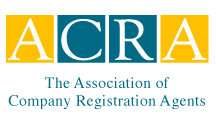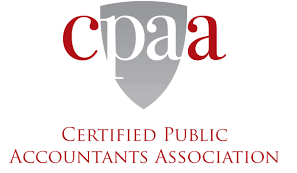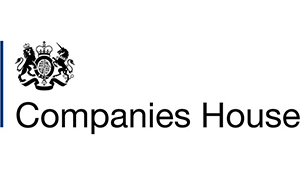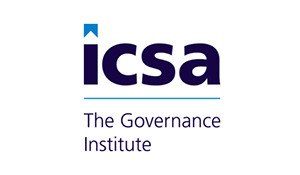According to data shared by the Ministry of Interior of Estonia, the number of permits set aside by the government in the annual migration quota stands at over 1,300 per year. However, this quota currently is around 300 short of being fulfilled, EU Helpers reports.
Such numbers suggest that not a very high number of foreigners are choosing to migrate to Estonia in recent years.
As the Estonian Public Broadcasting explains, the immigration quota was fully filled between 2016 and 2019, with these being considered the peak years.
However, in recent years, the number of unclaimed permits has increased. Taking this into account, the Interior Ministry has proposed to lower the 2025 immigration quota since they continue to remain unfilled.
As it has been disclosed, the Ministry recommended to set the 2025 quota at 1,298.
Commenting on the downturn in the last year, the Ministry of Interior said that the economic and security situation had a significant impact on the matter.
In addition to the above-mentioned, it has been revealed that the number of residence permit applications has also been dropping. Data shows that in 2021 and 2022, foreign nationals submitted more than 10,000 applications per year. On the other hand, in the first eight months of this year, only 4,702 applications were submitted.
Estonia Wants to Increase Quota for Foreign Workers
Despite the country not filling its immigration, Estonia wants to triple the annual foreign workers quota in an attempt to boost its economy.
Sharing these plans, the Estonian Economy Minister, Erkki Keldo, said that up to 4,000 foreigners could be allowed to enter Estonia for work purposes in the upcoming years if the economic growth is over two per cent.
Additionally, the Minister proposed that different quotas be implemented in different sectors and, at the same time, highlighted that the government should determine salary requirements.
The Minister of Education of Estonia, Kristina Kallas, also agreed on behalf of her party to increase the quota provided that it comes with the agreement of trade unions.
In contrast, the Minister of Interior of Estonia, Lauri Läänemets, and the chairman of the Social Democrat Party did not agree with the proposal to increase quotas for foreign workers.








